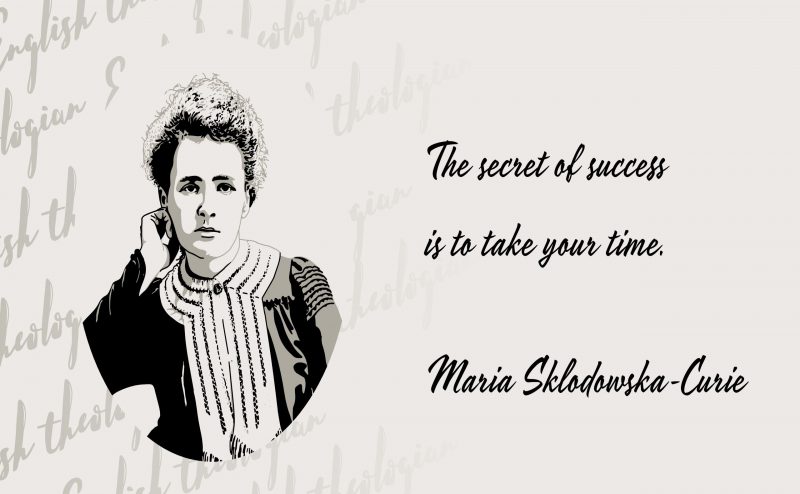Women’s History Month was Born
Women’s History Month was born Women’s History Week in 1982. The National Women’s History Project petitioned Congress to approve a “Women’s History Month,” which finally came to fruition in 1987.
In the United States and other nations, the month of March celebrates women’s contributions to the world with events both live and virtual. As for our closest neighbors, Canada celebrates Women’s History Month in August. Mexico celebrates International Women’s Day (día Internacional de la Mujer) with the rest of the world on March 8.

Remembering Those Who Don’t Ask for Anything in Return
Women’s accomplishments don’t often receive the credit they deserve, but thoughts and attitudes can progress with time. Observances like Women’s History Month lend a hand to change.
Of the thousands of women in the history of medicine, the contributions of Dr. Patricia Goldman-Rakic (1937-2003) are vital. She is renowned for her study of the brain’s frontal lobes.
Originally from Massachusetts, she led breakthrough research into memory function. Dr. Goldman-Rakic brought a better understanding of diseases such as Alzheimer’s, ADHD, Parkinson’s, and schizophrenia.
Later in her career, she discovered how exposure to amphetamines in young people could produce long-lasting cognitive deficits.

Another woman with a profound impact on the medical field is Dr. Jane Cooke Wright (1919-2013). She is one of the pioneers of chemotherapy and the only woman among seven physicians that helped found the American Society of Clinical Oncology.
President Lyndon Johnson appointed Dr. Wright to serve on the President’s Commission on Heart Disease, Cancer, and Stroke from 1964 to 1965. She was also appointed to the National Cancer Advisory Board from 1966 to 1970. In 1971, she was the first woman elected president of the New York Cancer Society. At the time, she was also the highest-ranking African American woman physician.
Her research on cancer medicine in the 1950s helped bring chemotherapy out of the age of untested theories into proven-effective treatments. She published many research papers on cancer treatment throughout her life and led delegations of researchers worldwide.

It’s the Thought that Counts
Of course, women have played as much of a role as men in history. There isn’t one without the other. Women’s History Month is a time for remembering those who don’t ask for anything in return.
It would be a shame to forget women’s contributions to the world. As can be the case with those who give the most, they don’t ask for much in return. If nothing else, perhaps take a moment to remember the women who have made a difference in your life. It is not a time for gifts. It’s the thought that counts.
See the Library of Congress Women’s History Month website for national events.
